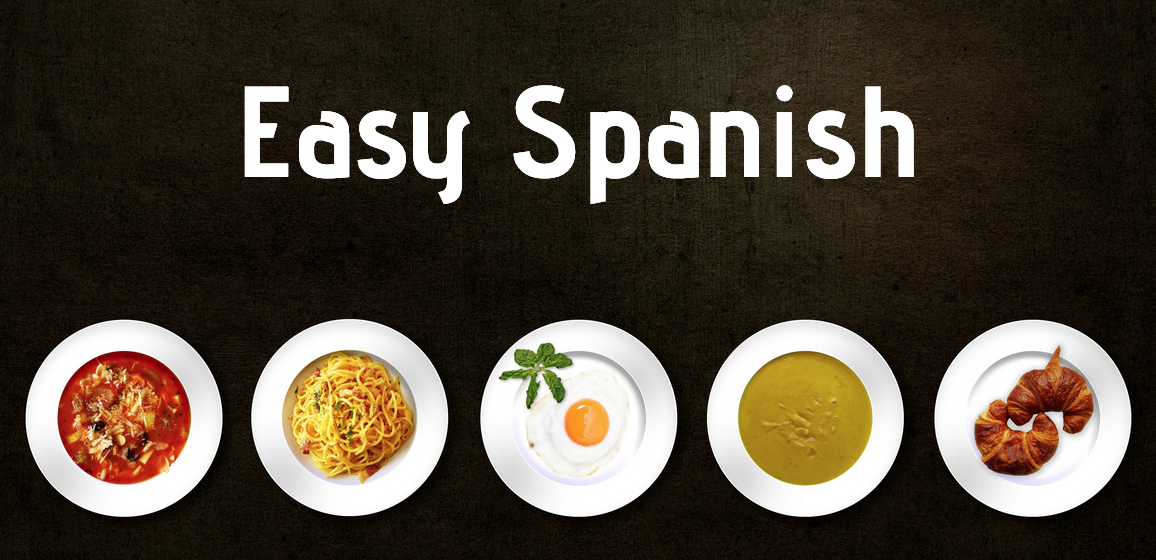The third chapter of Spanish Survival If you are reading this, it is because you have probably read our first or second post of Easy Spanish and you have decided to continue with the third one. As we …
MARAVILLAS DE NUEVA ZELANDA En este post, contamos con la participación de otra de nuestras colaboradoras del blog, Ildikó Tuck. Ildikó es húngara pero lleva 6 años viviendo en Australia. Hoy quiere compartir algunas de las curiosidades de …
CONTRAST OF IMPERFECT vs. PRETERITE TENSES IN SPANISH In Spanish, there are two verbal tenses referred to actions in the past on indicative mode: Imperfect vs. Preterite. This is a difficult concept to understand if your language only has …
¿Qué son los modismos en español y por qué es útil conocerlos? Los modismos son expresiones que se usan en contextos informales y su significado no puede ser deducido a partir de las palabras que lo forman. Su origen …
¿Cuáles son las palabras de origen árabe que usamos comúnmente en español? En este post hablaremos de un grupo de palabras que resultan más difíciles para los estudiantes debido a su origen. Se trata de las palabras de origen …
IN THE GYM IN SPANISH Hello dear reader! Do you like sports? Are you living in a Spanish-speaking country and would like to be fit in the gym but don’t know where to start? If the answer …
Spanish antonyms: a useful strategy to learn new vocabulary Knowing new words can be an easy task. However, using those new words can be more complicated. To definitely learn new words it is very useful to create …
How to become fluent in Spanish? We are not going to promise that you will be fluent in Spanish in 3 months. Generally, if you are not a Romance-language speaker, this is not realistic unless you spend all …
ES BUENO/MALO, ESTÁ BUENO/MALO, ESTÁ BIEN/MAL Seguro que escuchas o lees constantemente estas expresiones con los verbos ser vs. estar. Probablemente entiendes lo que significan en el contexto pero, ¿sabes usarlas correctamente? Quizás tienes dudas (“¿ahora tengo que …
What does it mean to be fluent in Spanish? First, we want to explain the concept of fluency in any language. For what? To better understand the question above and be able to give a concise answer. So …










